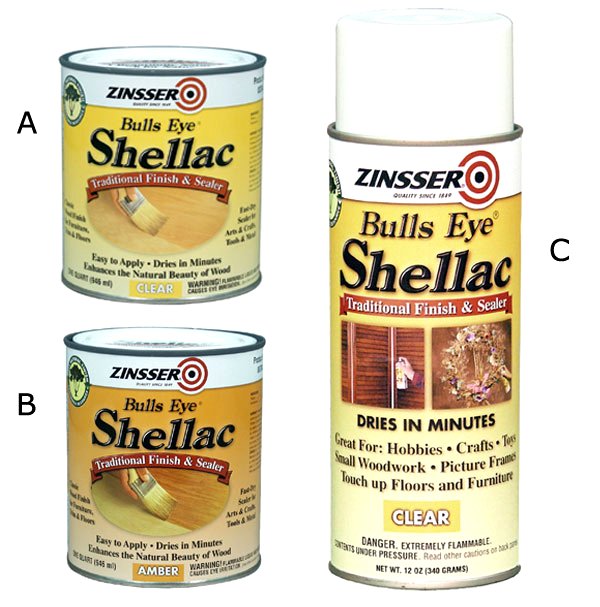Hey all,
A new member sends greetings from New Mexico. I've enjoyed lurking these last couple months but a slight problem has pushed me to step forward:
Using the techniques described in Cumpiano's book, I routed rosette channels for a steel string I'm making, my first build. The router is a good Craftsman with a new 1/8 inch bit, but it left ragged, or "toothy" edges on the channels owing to the different densities of the growth rings in the spruce. When I filled the rosette channels with a mixture of ebony filings and glue the color contrast between the spruce and the ebony emphasized these toothy edges even more.
How can I get smooth edges on my routed rosette channels the next time?
Thanks,
Brian Pottorff
|


